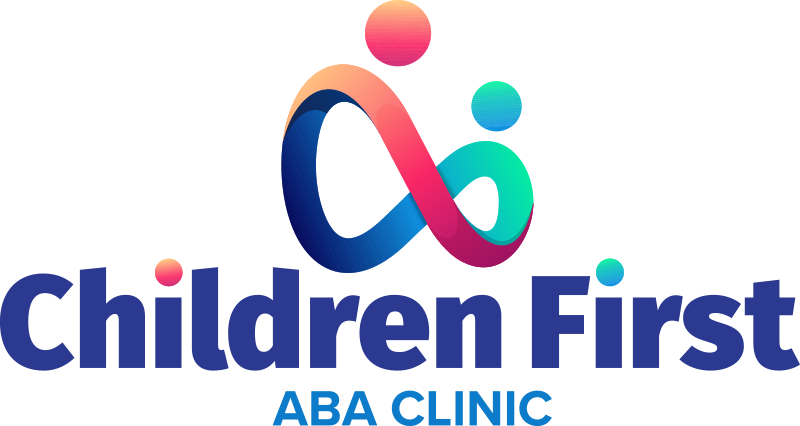As part of our ABA services, we focus not only on helping your child grow and develop important skills but also on making sure they feel comfortable, respected, and included in the process. One of the ways we do that is by paying close attention to something called assent.
What Is Assent?
Assent means that your child is willing to participate in their sessions. Even if they can’t give formal “consent” like an adult would, they can still show us through their actions and behavior whether they’re okay with what’s happening.

Giving Assent
Children show assent in lots of ways, like:
- Smiling or laughing
- Engaging with the therapist or materials
- Coming over when invited to play or learn
- Showing excitement or interest
Withdrawing Assent
They also show us when they don’t want to participate—this is called withdrawing assent. It might look like:
- Avoiding materials or people
- Crying or whining
- Saying “no” or walking away
- Showing signs of frustration or distress
Why It Is Important
Even though parents and caregivers provide consent for services (which is required), we still want to make sure your child is on board during each session. If we notice signs that your child is uncomfortable or not willing to participate, we take that seriously. We’ll pause, adjust our approach, and try to understand what’s going on—whether it’s too much at once, a need for a break, or something else.
Our Goal
We want your child to feel safe, respected, and motivated during therapy. That means creating a positive, supportive environment where they feel like they have a voice—whether they communicate it with words, gestures, or behavior.
